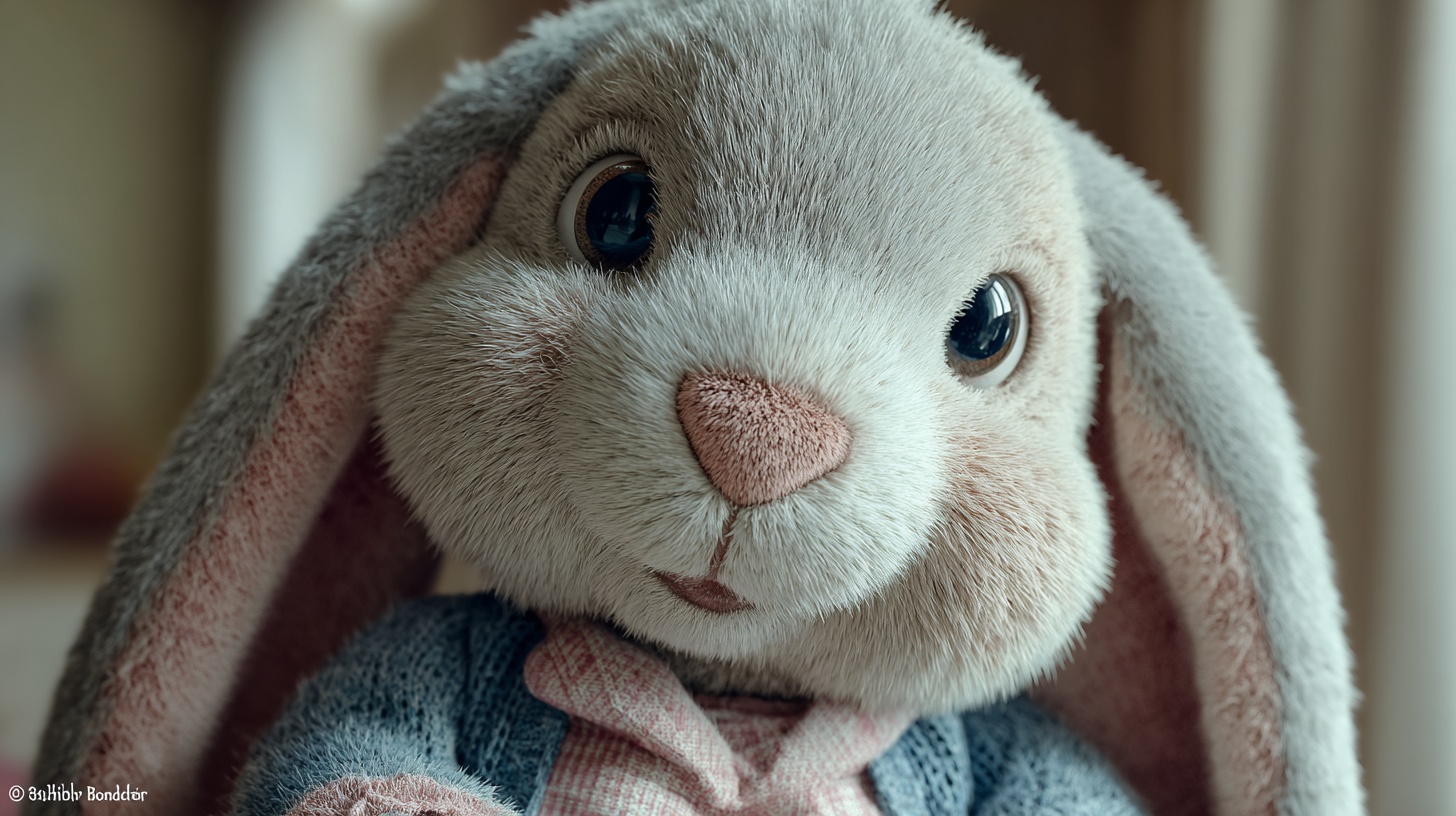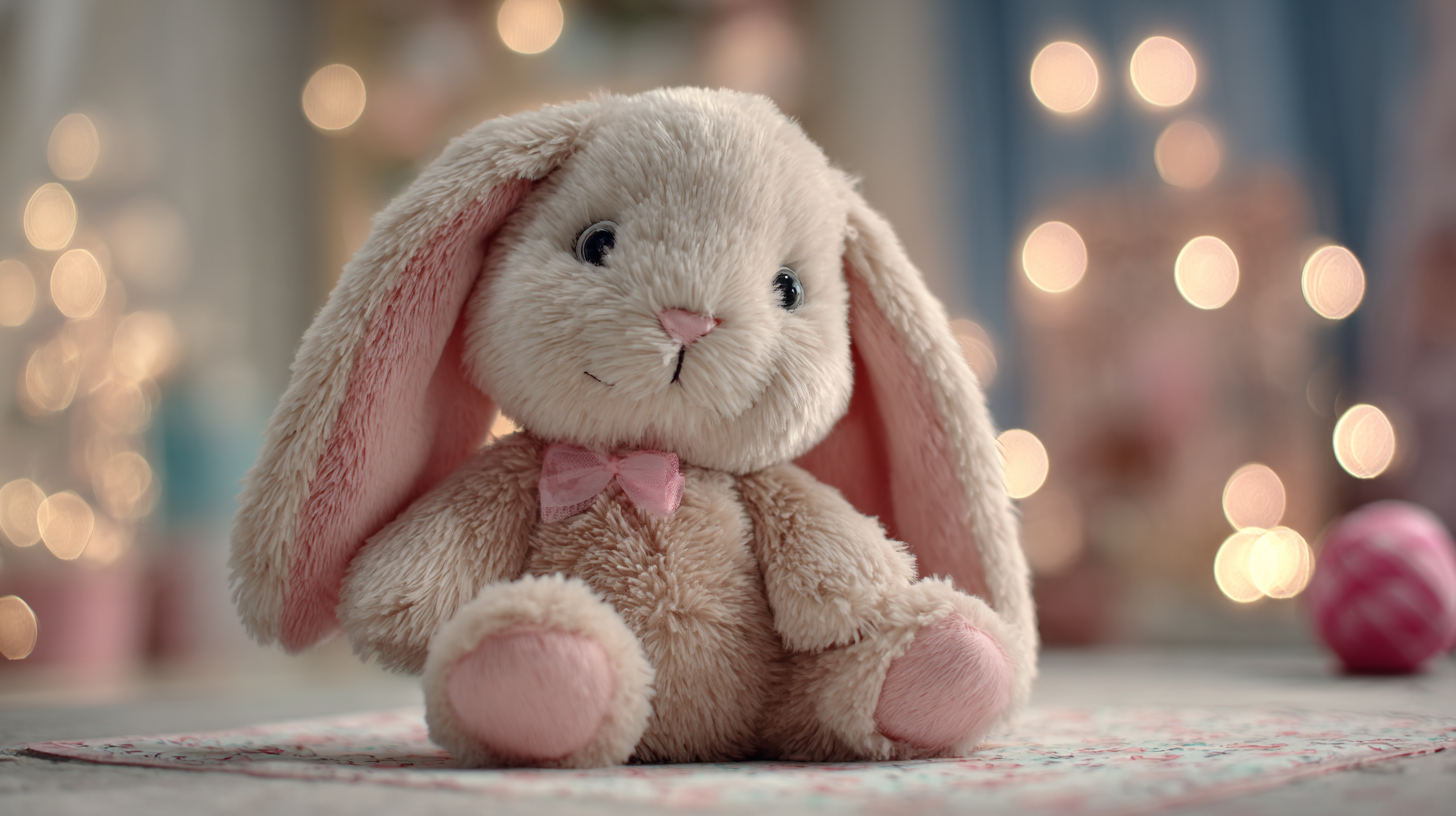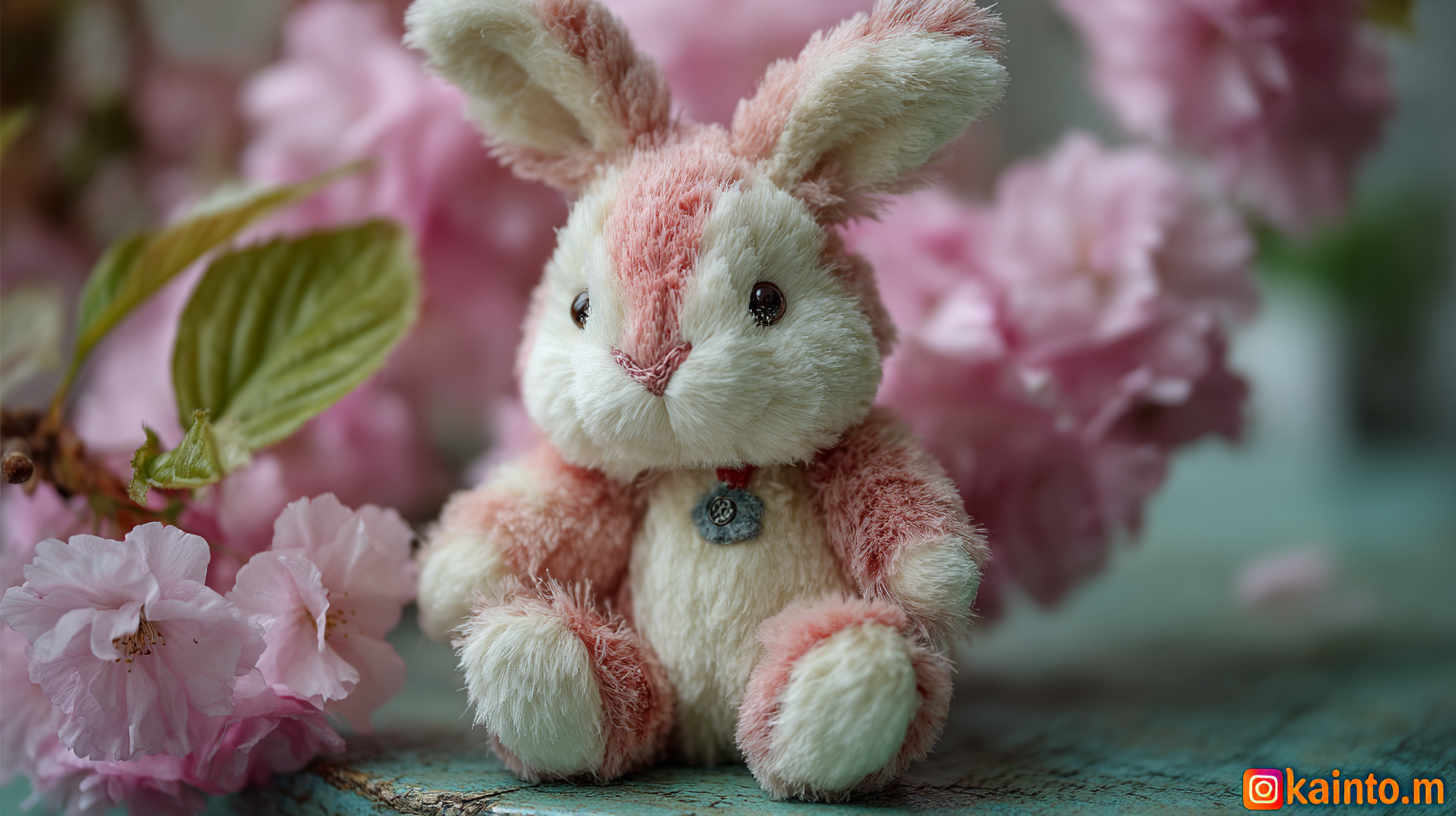In the world of children's toys, emotional support and companionship are crucial for healthy development, and Bunny Soft Toys have emerged as an essential choice for nurturing these bonds. According to a report by the American Psychological Association, plush toys can significantly enhance a child's emotional intelligence, with 75% of parents noting that their children form deep attachments to their stuffed animals. Furthermore, research from the University of California suggests that children who engage with soft toys exhibit improved social skills and empathy. This makes Bunny Soft Toys not just playful companions but vital allies in fostering emotional growth. As we delve into the unique qualities that make Bunny Soft Toys the ideal confidants for your child, we will explore seven compelling reasons why these whimsical friends should become a staple in your child's life.

Soft toys play a significant role in enhancing emotional development in children. They serve as comforting companions that allow kids to explore their feelings in a safe environment. For instance, educational plush toys, such as those that represent different emotions, can help children express what they’re feeling. By having a favorite bunny soft toy, children can not only cuddle but also engage in role-playing scenarios that incorporate these emotions, fostering their ability to articulate feelings like happiness, sadness, and even anxiety.

Moreover, the attachment to plush toys is a natural part of childhood. Experts suggest that this bond can help children navigate complex emotions, providing them with a sense of security and comfort. As kids interact with their soft toys, they practice empathy and learn how to respond to different emotional situations. Such emotional support objects can even serve as valuable tools in both home and classroom settings. Ultimately, a bunny soft toy can become a child's trusted ally in learning about their own emotions and those of others, making it a perfect best friend for their developmental journey.
Soft toys, like the best bunny soft toy, play a crucial role in fostering imagination and creativity in children. According to a survey by the American Psychological Association, 75% of children aged 3 to 8 engage in imaginative play with their soft toys, which can significantly boost their cognitive development. When children create stories and scenarios around their plush friends, they not only enhance their storytelling skills but also cultivate empathy and emotional intelligence.

Tips for parents: Encourage your child to create a backstory for their bunny soft toy. This can facilitate discussions about emotions and relationships, aiding in social skills development. Additionally, you can organize playdates where children and their soft toys engage in role-playing games, stimulating collaborative play which is vital for developing teamwork abilities.
Research indicates that soft toys promote calmness and security, helping children navigate their feelings. A study published in the Journal of Pediatrics found that children who have a favorite soft toy experience less anxiety and fear during new situations. Thus, when introducing a bunny soft toy to your child, emphasize its comforting presence as a friend who will embark on adventures together.
When selecting the perfect bunny soft toy for your child, it's essential to consider their age group to ensure safety and engagement. For infants and toddlers, soft toys should be lightweight and made from non-toxic materials, reducing the risk of choking or irritation. According to the latest industry reports, about 70% of parents prioritize safety features when purchasing stuffed animals for their children. Look for options with securely stitched seams and removable, washable covers, as cleanliness plays a crucial role in the health of young children.
For preschoolers, the best bunny soft toys not only provide comfort but also foster imaginative play. Soft toys can enhance emotional development and help children express their feelings. Encourage role-playing scenarios where your child can take their bunny on adventures, thus enhancing their creativity. It's noted that interactive toys that allow for imaginative games increase playtime engagement by more than 40%, making it vital to choose a bunny that sparks your child’s creativity and storytelling abilities.
When shopping for older children, consider stuffed animals that have a unique design or additional features, like built-in electronics for added fun. These can captivate their attention longer than traditional stuffed toys. Remember, a bunny soft toy is not just for cuddling; it can also serve as a comforting companion through various stages of your child's growth.
When it comes to providing emotional comfort for children, soft toys, such as an interactive bunny plush, can play an essential role. Research has shown that having a comfort object can help children cope with anxiety and stress, especially during challenging transitions or periods of change. According to a recent study published in the Journal of Pediatric Psychology, over 60% of children reported feeling more secure and relaxed when they had a favorite plush toy with them, highlighting the importance of these companions in fostering emotional well-being.
The interactive features of a plush bunny can enhance this comfort even further. By imitating the sounds and motions of a real rabbit, such toys not only engage children but also create a sense of companionship that can be particularly soothing during tough times, such as moving to a new school or dealing with family changes. Data from industry reports indicate that plush toys that mimic real animals have seen a 25% increase in popularity in recent years, underscoring a growing recognition among parents of the benefits these toys provide to children's emotional resilience. Investing in a quality soft toy can truly support kids in navigating their feelings, making it a valuable addition to their playtime routine.
This chart illustrates the various benefits associated with bunny soft toys, highlighting their critical role in providing emotional support, comfort, and promoting imaginative play in children during challenging times.
Modern bunny soft toys have evolved into interactive companions that transform playtime into a dynamic learning experience for children. Today's best bunny soft toys are often equipped with innovative features like sound sensors and responsive technology, allowing them to engage with kids in meaningful ways. When a child squeezes or hugs their bunny, it may respond with playful sounds or movements, fostering a sense of companionship that goes beyond the traditional soft toy experience.
Additionally, many bunny toys now incorporate educational elements such as storytelling and songs. By simply pressing a button, children can listen to their bunny narrate bedtime stories or sing cheerful tunes. This blend of play and learning encourages imagination and creativity, making the bunny not just a toy, but a catalyst for cognitive development. These modern enhancements make bunny soft toys ideal friends for children, enriching their playful moments while also contributing to their growth and emotional well-being.
| Feature | Description | Benefits |
|---|---|---|
| Soft Material | Made from plush and hypoallergenic fabric. | Safe and comfortable for children to hug and cuddle. |
| Interactive Features | Includes sound effects or lights activated by touch. | Engages children's imagination and promotes interactive play. |
| Machine Washable | Can be easily cleaned in a washing machine. | Maintains hygiene and can withstand daily use. |
| Educational Learning | Designed with educational games or storytelling features. | Helps in developing cognitive skills and language. |
| Diverse Sizes | Available in various sizes to suit children of all ages. | Encourages collection and companionship for every age group. |
| Customizable Options | Some models allow customization (e.g., colors, accessories). | Fosters creativity and personal attachment to the toy. |
| Durability | Constructed to withstand rough play. | Long-lasting investment for childhood companionship. |
